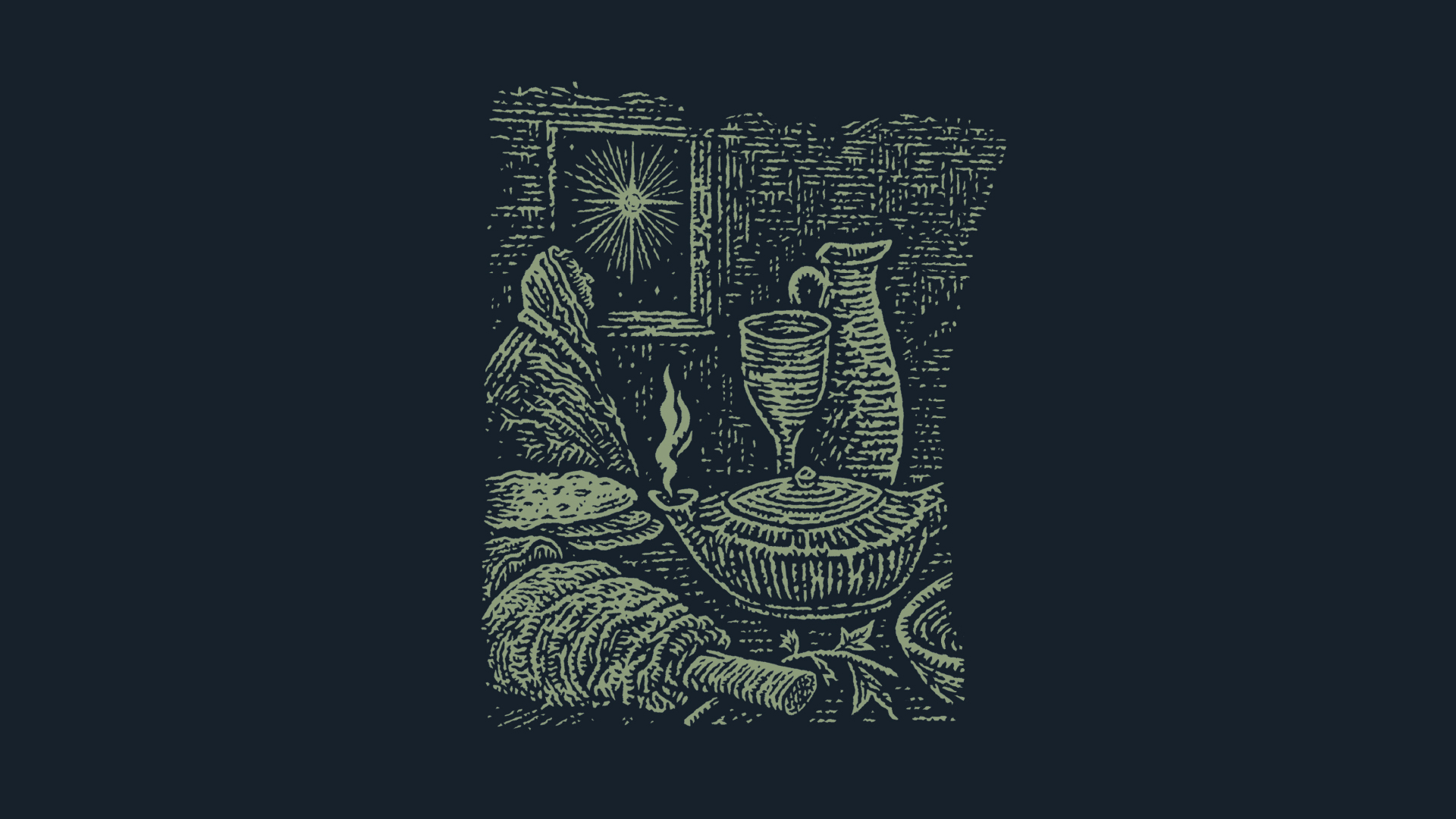Read John 1:1–18
The apostle John contextualizes his account of the words and deeds of his good friend Jesus with an opening prologue that crackles with energy and wonder. Jesus, John wants to tell us, is the very Word of God. He was with God at the creation of the world. He is God. He is life itself, and that life is the light of the world.
Then comes verse 5: “The light shines in the darkness, and the darkness has not overcome it.” At least that’s what it says in my 2011 edition of the NIV. But here’s a striking thing: My older edition of the NIV (the 1984 translation) reads differently. It says, “The light shines in the darkness, but the darkness has not understood it.”
The Greek word alternatively rendered “overcome” and “understood” is katalambanó—which means to “take hold of” or “grasp.” We need more than one English word to try to hint at the full gist of what John is saying here.
John has seen the Light of the World with his own eyes. He’s gone fishing with him. He’s eaten with him. He’s prayed with him. And he’s watched him endure the most horrific death imaginable and then come back to life. So John knows that there is no darkness in the universe that can permanently grasp and defeat this light. The darkness cannot overcome it.
But John also knows that our human minds, left to their own devices, cannot begin to grasp the love on offer in the astonishing fact of the Incarnation. The darkness cannot understand it.
John’s prologue culminates with a breathtaking meditation on the lengths to which God has gone to reach us with his illuminating love. “The Word became flesh,” he writes, “and made his dwelling among us.” Or, as The Message paraphrase renders it, the flesh-and-blood Word “moved into the neighborhood.”
The Mighty God came in the staggeringly vulnerable form of a human baby. The Prince of Peace allowed himself to be birthed into a world of sin and chaos—God made huggable, woundable, kissable, killable.
Only the Light of the World can give us the power to begin to understand what God has offered us in the birth of Jesus. So, this Advent, let us pray the prayer the apostle Paul offered the Ephesians (3:18): that we, “being rooted and established in love, may have power, together with all the Lord’s holy people, to grasp how wide and long and high and deep is the love of Christ.”
Carolyn Arends is a recording artist, an author, and the director of education for Renovaré. Her most recent album is In the Morning.










